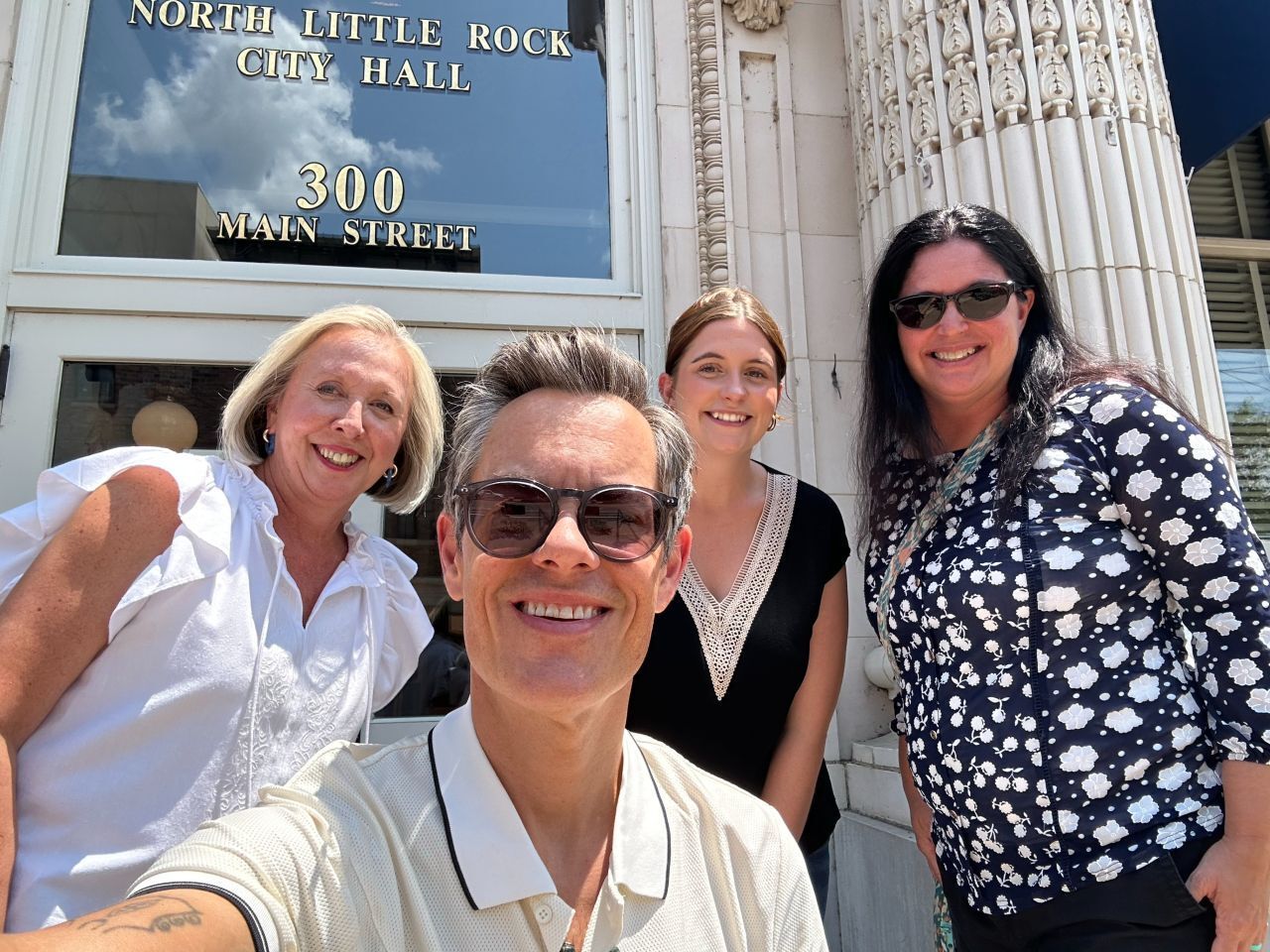- The Prologue
- Posts
- Not All Sickness is Death
Not All Sickness is Death
Society as an Organism
Society as an Organism
Society is an organism. It grows. It evolves. It thrives in good health—it falls ill. It has systems that must work in harmony and balance. When those systems break down, the organism becomes weak, inefficient, and sick. Division, misunderstanding, and disengagement are symptoms of that illness in our communities today.
Lately, I think we have all felt an uneasy tension in our communities. Family get-togethers tiptoe around topics, and even good times with friends can get feisty. The world appears engineered to pit us against each other.
The data backs up this feeling. According to the 2023 Arkansas Civic Health Index, only about 6% of Arkansans frequently discuss local or political issues with their neighbors. Fewer than one in five work with neighbors to do something positive for their community, placing Arkansas near the bottom nationally.
When we all retreat into our corners, it’s no wonder our civic bonds feel frayed.
“Not All Sickness is Death”
Nolan Richardson said that so pay attention. We don’t need a grand overhaul. Like any process of improvement, it begins with small, consistent steps:
Practice Civility and Listening: Respectful dialogue builds empathy and understanding. Even when we disagree, choosing curiosity over combativeness opens doors.
Acknowledge Differences, Find Common Ground: We may vote differently or pray in different ways, but we share hopes for safety, good schools, and opportunity.
Volunteer and Lend a Hand: Arkansas’s volunteer rate is only 20.9%, below the national average. Yet every hour given strengthens the civic “immune system.” Whether mentoring, coaching, or serving food, showing up connects us.
Collaborate Across Differences: Working with people unlike ourselves on projects that improve our communities—planting trees, fundraising for schools, responding to disasters—creates bonds stronger than online arguments ever could.
Why Civic Engagement Matters (For You and Everyone Else)
Better Mental Health
Loneliness and anxiety are on the rise everywhere. Rebuilding social connections reduces depression, anxiety, and stress. The Arkansas Center for Health Improvement notes that community engagement creates environments where people feel valued and supported. That sense of belonging is a foundation for mental well-being.
Economic Vitality and Safety
High-engagement communities are more prosperous. University of Arkansas research shows that individuals engaged in their communities are more likely to support local businesses, participate in the workforce, and invest in regional growth. Communities with robust social ties and open dialogue experience lower crime, less substance abuse, and reduced poverty. Strong civic health makes Arkansas not just safer, but more economically vibrant.
Organizational Success
For businesses, civic engagement is not charity—it’s strategy. Strong community ties improve profitability, talent retention, and innovation. Employees who feel rooted in their communities are happier and more loyal. As one Arkansas leader (wait, was it me…?) said, “People don’t stay for paychecks. They stay for a life they can’t imagine leaving.”
Nonprofits, too, thrive when civic health is strong. More volunteers, more donors, and more trust mean missions advance faster and deeper. Community ties become the foundation of resilience and impact.
Businesses and Nonprofits as Civic Health Champions
How can organizations help strengthen civic health?
Empower Employees: Encourage staff to volunteer, provide paid time off for service, and support flexible schedules for civic involvement.
Build Partnerships: Sponsor events that bring people together across divides. Partner with nonprofits, schools, and faith groups to host gatherings that spark dialogue.
Foster Belonging: Create a culture where people feel valued inside and outside the organization. Offer resources, mentorship, and community connections that help employees find “their people, their places, and their purpose.”
One Quick Resource
Civic Arkansas, a program of the Winthrop Rockefeller Institute, was built to strengthen Arkansas’s civic health through listening sessions, dialogue, and community action.
People from every background—business, nonprofit, education, faith, and public service—learn from one another, share ideas, and tackle challenges together.
Civic Arkansas emphasizes civility, collaboration, and shared purpose.
It’s a reminder that our state has the tools to heal divisions and build stronger bonds, if we’re willing to engage.
Inspiring, not Overwhelming
Small actions beats big gestures everyday. Look for authentic, manageable ways to get involved: close the lids on your neighbors trash cans after they get emptied, sign up for a volunteer shift, grant someone the grace to be right, even if you believe they’re wrong. Then, give yourself the grace of being wrong when you were certain that you were right.
We didn’t get sick overnight, and the road to recovery is long and rough. But each time you choose to engage rather than withdraw—each time you extend a hand, lend an ear, or share your time—you’re investing in community wellness.
Small steps. Let’s take them, together, and see where the road leads.
Graham

Civic Arkansans
NLR, AR
Dog Days of Summer
It is not enough to voice platitudes...to hope that everything will be all right.
The desire to work together to make everything all right has to be in the hearts of those on both sides of the table.
Gov. Winthrop Rockefeller

